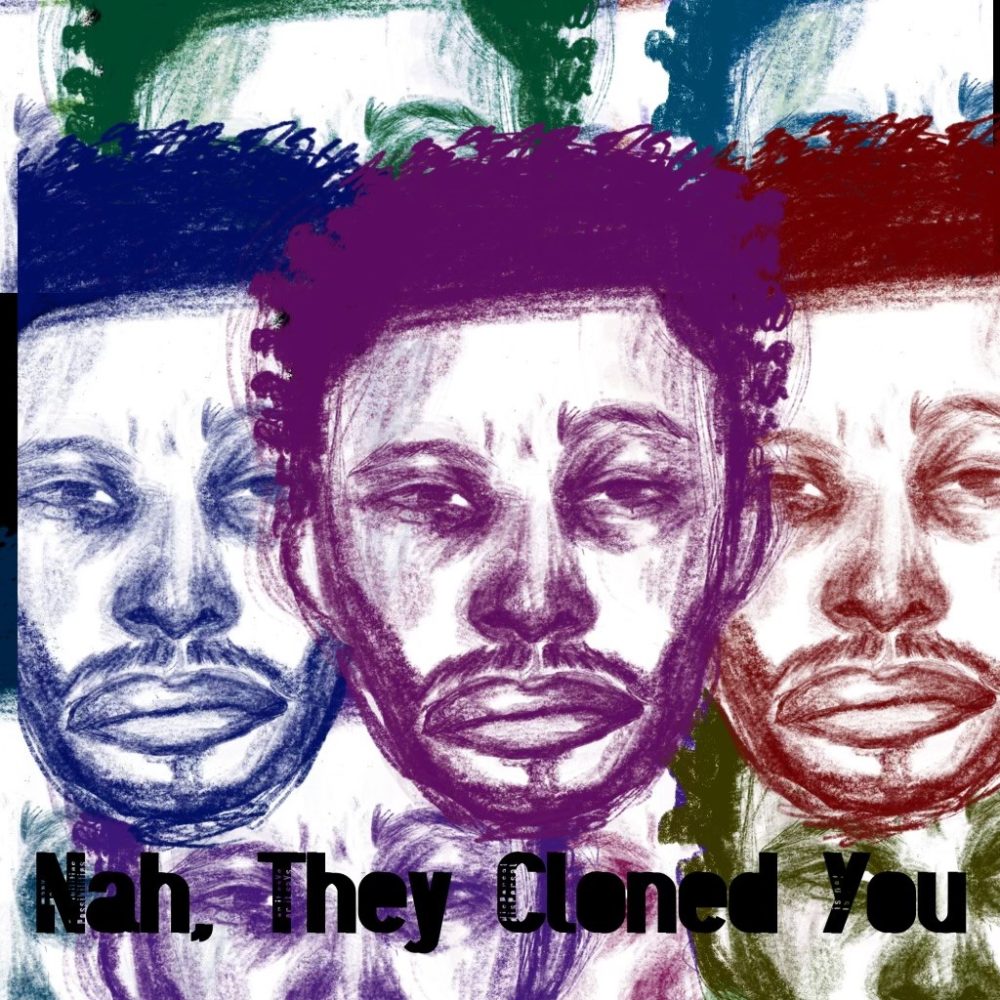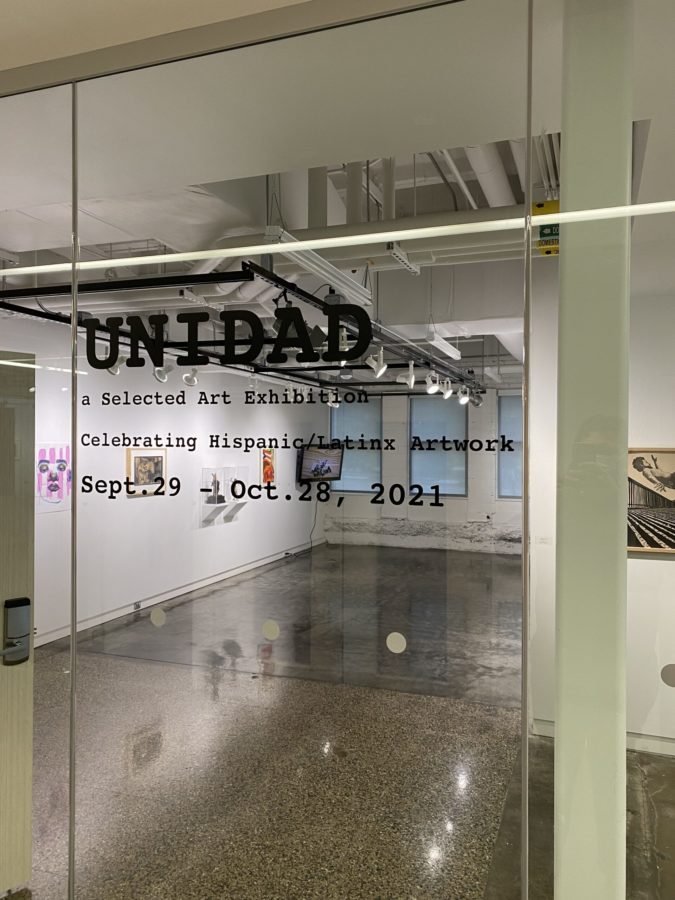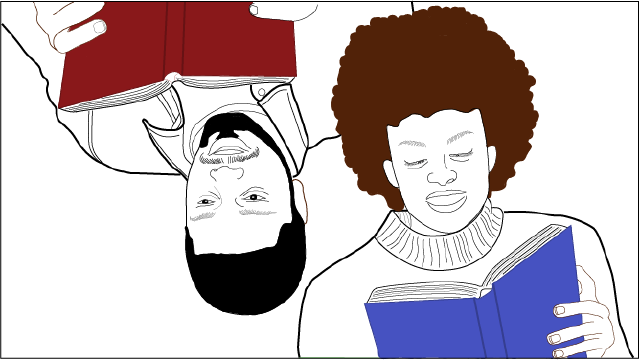After I watched “They Cloned Tyrone,” Juel Taylor’s directorial debut, one of my first thoughts was, “Wow, I hope they get it.” Taylor created a sci-fi mystery film that explores themes of free will and oppression just for us. The satirical humor is paired with cultural symbolism to create scenes with laced fried chicken, murderous music in the club, and church folks turning up to Back That Azz Up. It all seems business as usual until a pimp, a hoe, and a drug dealer take a look behind the curtain to expose a larger plot.
I hope y’all peeped.
“They Cloned Tyrone” follows Slick Charles, played by Jamie Foxx; Yo-Yo, played by Teyonah Parris; and Fontaine, played by John Boyega. They band together after the sudden death and reappearance of Fontaine jump-start their investigation. Their mission: figure out what’s going on in the Glen. They take us through odd but humorous scenes of Glenville until they discover an underground lab. They’re taken aback witnessing Black men being scientifically observed while fighting to violent music, shocked to discover fried chicken has the same effects as laughing power found in the lab, and shuttered pulling back a sheet to see the Fontaine who died at the beginning of the film on a surgical table. When the connection between the events in the Glen and the experiments in the lab is formed, it’s obvious the Glen is being doped and cloned. Our detectives struggle to go back to normality and decide to take action.
When raiding the lab, Fontaine comes face to face with a much older version of himself, OG Fontaine. During the, I’ll say corny, villain tell-all monologue, OG Fontaine, the lead geneticist of operations, explains that an unnamed company is working to eradicate the Black race. “Assimilation is better than annihilation,” OG Fontaine says to reason why he is working on the demise of his own people. The annihilation he’s referencing, corporate involvement and corrupt influence on Black culture as destructive it is, I guess, isn’t enough. What the unnamed company really is doing is, over generations, mutating Black people to be white.
The idea that people are being manipulated and stripped of their autonomy, unaware that they are essential pieces to a bigger scheme, reminds me of The Wachowski’s 1999 sci-fi film The Matrix. In The Matrix, people are being robbed of their reality, while in TCT, they are robbed of their culture. In an Empire interview, Taylor compares his film to the 1998 film The Truman Show, where the main character’s life, from birth, has been scripted and produced into a TV show to entertain those watching. All three movies examine the idea of surveillance and destiny, but TCT stands out because it highlights Black lives being oppressed and controlled. These ideas aren’t new, but this film hits different because of its use of cultural symbolism, compelling storytelling, and Black humor.
The use of humor in the film works well because Black people can be very “unserious,” even using humor to cope with trauma. In recent history, humor has been used to get through the 2019 presidential election, the COVID-19 pandemic, and the racial unrest that is still going on today. A lot of funny commentary has come from these events, but I think some of it is dismissive of the larger plot. The discourse around the negative impact of government and corporate involvement may come across as outlandish and funny, but it’s inspecting a historically strenuous relationship. The mistrust that Black Americans hold towards official institutions and systems is in defense and based on historical experiences. I shouldn’t have to remind you of the Tuskegee Syphilis experiments, where the US government intentionally infected 600 Black men with syphilis without their knowledge or consent. I shouldn’t have to remind you of the 1921 Tulsa Race Massacre, when white supremacists burned down Black Wall Street, ruining homes, businesses, and churches, and murdering at least 300 Black Americans, for two days straight. I shouldn’t have to remind you of the current systemic oppression and racism that we endure, like police brutality, mass incarceration, food deserts, healthcare negligence…
But I will.
TCT is a reminder that: business as usual needs to be reexamined, we can be oppressed by structures we enjoy, and there are Black faces that are working against the liberation of the Black people. As depicted in the film with the elaborate scheme for total assimilation, a lot is invested in the futures of Black Americans. Considering current legislation, media, and cultural trends, had me thinking “Are we choosing assimilation or annihilation? Do we even have a choice?” This film has sparked conversations with friends of destructive culture, corporate influence, and Black liberation, immediately making it a cult classic. TCT is more than a film. It’s a catalyst for change.
I hope y’all get it.







